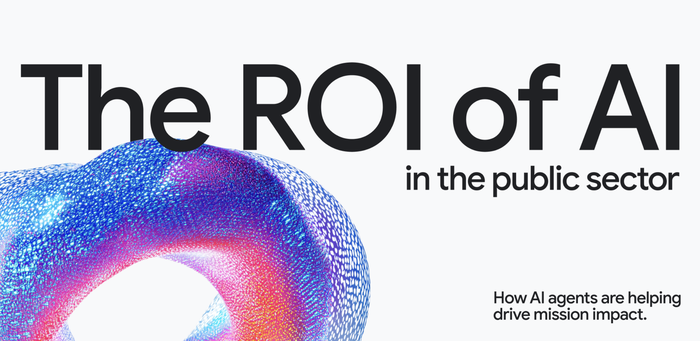Transforming How New York Protects and Serves its Community

Mike Williams
Director, SLED East, Google Public Sector
#100DaysOfAgents program
Join Google Public Sector’s #100DaysOfAgents program for government leaders and build your first AI agents.
Sign up today!In today's rapidly evolving technological landscape, artificial intelligence (AI) is making a significant impact across the country, delivering scale, efficiency and utilization of responsible best practices. New York is leading the way, embracing this technological shift, using generative AI (gen AI) to revolutionize how the government serves its constituents.
From "Nice-to-Have" to "Must-Have"
"Artificial intelligence in the public sector is more than wishful thinking," says Karen Dahut, CEO of Google Public Sector. "It's already making a difference today. AI and generative AI are moving from nice-to-have to must-have."
This statement underscores the growing significance of AI and particularly gen AI, in transforming government operations. Gen AI, with its ability to generate new text, images, code, and more, represents a frontier offering vast potential for the public sector.
How New York is Leveraging Generative AI with Google Cloud
New York's forward-thinking public sector organizations are actively deploying generative AI solutions, with Google Cloud as a key partner, to achieve tangible results. Here are just a few examples:
- Streamlining Healthcare: New York State Medicaid, in collaboration with Google Cloud, is leveraging gen AI to streamline complex healthcare processes. This results in faster service delivery, improved efficiency, and ultimately better healthcare outcomes for New York residents.
- Enhanced Engagement: Sullivan County is utilizing gen AI solutions powered by Google Cloud to enhance citizen interactions. Despite being one of the smallest counties in New York, they have become one of the first localities in the nation to deploy Vertex AI to augment its constituent chatbot tool–achieving this in under three months with minimal staff. This fosters two-way communication, increases transparency, and empowers residents to engage directly with their government.
- Predictive Healthcare: Partnering with Google Cloud, New York University Langone is harnessing the power of gen AI to analyze medical records and predict patient outcomes. This groundbreaking work proactively identifies potential health issues, enabling early intervention and contributing to a healthier New York.
- Revolutionizing Services: The New York State Department of Motor Vehicles is transforming the driver service experience with gen AI. In collaboration with Google Cloud, they enable greater efficiency and accessibility within the DMV, directly benefiting the public they serve.
The Path Forward
Successful implementation of gen AI in New York's public sector necessitates careful consideration of several factors:
- Strategic Planning: Integrating gen AI effectively requires thorough planning, investment in the right infrastructure, and addressing data governance concerns.
- Ethical Considerations: Fair and responsible use of gen AI is paramount. Governments must proactively address issues like biases within these algorithms and potential impacts on the workforce.
- Collaborative Ecosystem: Fostering partnerships between government agencies, technology companies, and research institutions will drive innovation and ensure gen AI is used for the greater public good.
New York is at the forefront of harnessing gen AI to deliver better services to its residents, enhance education, and strengthen cybersecurity.
Discover more on how agencies like NYS Medicaid, NYS DMV, NYU Langone and Sullivan County, NY are leveraging AI from our Public Sector Generative AI Live + Labs in New York session.
Download How GenAI is Transforming Public Sector Services in New York to find out how New York started their AI implementation journey.
As gen AI technology advances, we can expect even more innovative applications for the benefit of society. By embracing its potential while prioritizing responsible development, the public sector can create a more efficient, equitable, and citizen-centric future for all.


